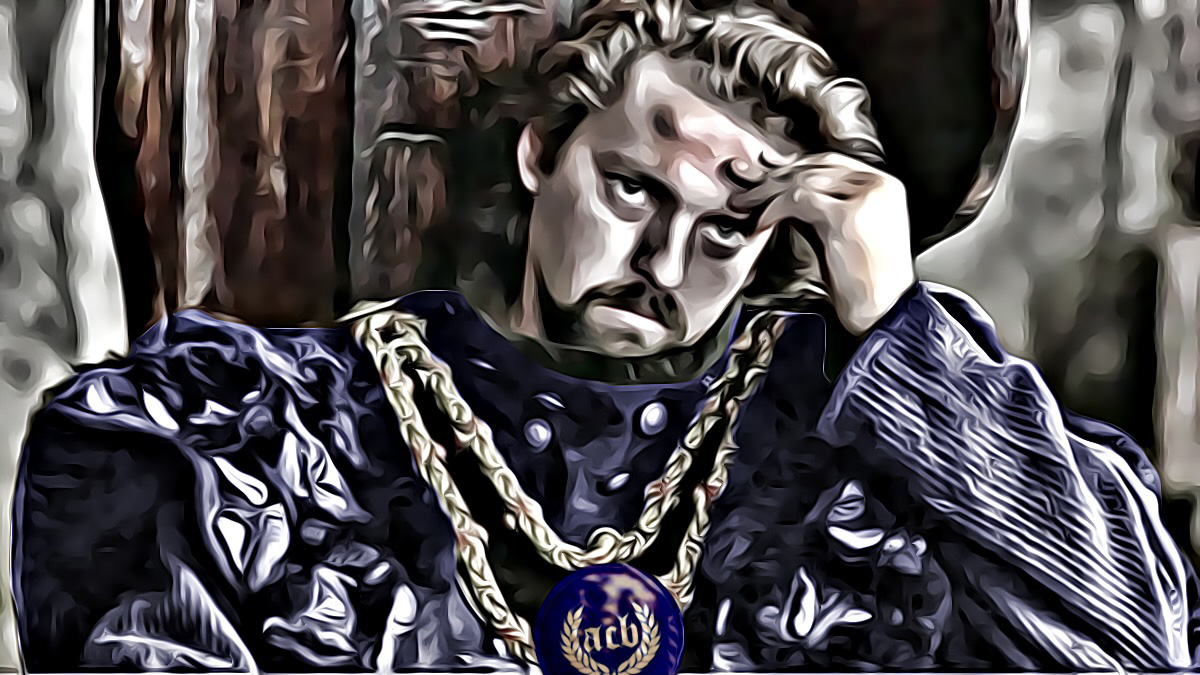After enduring a decade of on-field failures and tumultuous leadership under Chris Klein’s presidency, five LA Galaxy supporters’ groups released a joint statement of their intention to boycott matches until changes in the front office were made on January 13. Pointing to a dismal track record of six head coaches and four general managers, poor communication, and not having competed for an MLS Cup since 2014, the collective leadership of the supporters’ groups specified their demands for the removal of both Klein and technical director Jovan Kirovski.
Appeals were made to the larger Galaxy fanbase to join in the boycott while protestors became more emboldened outside the stadium and the #Kleinout tag more prominent across social media. Despite the presence of a couple hundred protesters before home matches, the impact of the boycott wasn’t readily apparent beyond the supporters’ sections remaining mostly empty. While the drums and vocal elements were notably missing, stadium attendance numbers did not appear to be much impacted as indicated by announced attendances still averaging over 24,000 per game.
The real test in most people’s minds would be the anticipated El Tráfico, the crosstown derby match with their rival LAFC. Perhaps spurred on by concerns of a Galaxy home match featuring mostly LAFC fans draped in black, Klein made his first formal statement since the boycott in the form of an email to LA Galaxy season ticket holders five days before the match.
The email described his commitment to a five-year plan that was laid out in 2020 by head coach Greg Vanney, which included making the playoffs in 2022 and advancing in the playoffs in 2023. Klein went on to assert that he would step down if the Galaxy failed in their stated goal to advance in the playoffs this year.
The email did not have its intended effect, as the general consensus from Galaxy supporters indicated it still lacked firm accountability from Klein. To fans, the statement committed to a somewhat low bar of success considering that nine out of 14 MLS Western Conference teams qualify for the playoffs. In response, Andrew Alesana, president of the LA Riot Squad, doubled down on the supporters groups’ demand for Klein to resign in the form of an open letter posted on social media. The visible stress permeating throughout the club appeared to have spilled over during a tense interview from Vanney with the media ahead of the derby.
On April 16, the LA Galaxy hosted El Tráfico to a raucous LAFC crowd. Large swaths of black and gold were visible throughout Dignity Health Sports Park, and the drums and chants from the LAFC 3252 were even louder than normal without LA Galaxy’s organized supporters to balance out the noise. Perhaps bolstered by the energy supplied by its supporters, LAFC was able to earn a close 3-2 victory and earn its first win ever on Galaxy’s home soil.
“A chain is only as strong as its weakest link.” – Thomas Reid, Essays on the Intellectual Powers of Man, 1786
With the home loss to LAFC and winless in its first seven games, the Galaxy were probably at their lowest point in recent memory. However, having one of their worst starts in decades couldn’t be solely attributed to the ongoing drama, as designated players Javier “Chicharito” Hernandez, the team’s captain and forward, and winger Douglas Costa had both missed the first three games to injury. With a desperately needed win, the Galaxy were able to bounce back in the next game with a 2-0 victory against Austin FC a week later.
On the heels of the Galaxy’s first win of the season, Angel City Brigade shockingly announced to their members and Galaxy fans an end to their participation in the boycott, citing “a breaking point” and that through countless calls and meetings they had been able to “gain written concessions that indicate change.”
“We feel like we have achieved enough to announce a return to the stadium,” ACB further stated. “The protest will now move into the stadium and the stands. We will continue to voice our displeasure at the current regime and continue to ensure accountability that we deserve. This will be an effort that is not fixed in one game, that is abundantly clear, but we are confident we can continue to work towards a brighter future with the promises Chris Klein and the Front Office have made to the Angel City Brigade.”

Left unsaid were the specific concessions and promises that were made to Angel City Brigade. The group’s statement was met with much surprise and harsh criticism by Galaxy fans at large and even its own supporters. It is unknown whether the other supporters’ groups had internal discussions with ACB prior to the announcement, or whether they were privy to ACB’s decision to break rank from the picket line. With many questions still unanswered, this announcement delivers a significant blow to the solidarity of the boycott and the effectiveness of its demands.
With the largest Galaxy supporters’ group now having effectively bowed out of the boycott, its future viability remains largely in doubt. The majority of Galaxy fans had not yet supported the protest through non-attendance, and now the supporters’ groups have just lost one of their strongest allies in the fight.
When I first reported on the boycott back in February, I wondered who would be the one to blink first. I predicted that if the supporters’ groups are able to hold steady and remain unified, the front office would have no choice but to eventually meet their demands. It appears that this is now the beginning of the end for the boycott to be truly effective.





